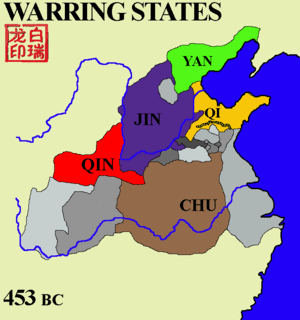Class 15.1: Aristotle’s Virtue Ethics
We began the semester with Plato, and we will end it with his student, Aristotle - also the teacher of Alexander the Great of Macedon. We’re going to read book II of Aristotle’s Nicomachean Ethics, which describes the central features of Aristotle’s account of virtue.
Aristotle is often held up along with Kant and Mill as offering a third central but different perspective on the ethical life in the Western philosophical tradition, and in recent years a lot of attention has been paid to similarities and differences between Aristotle’s account of the virtues and many central features of the virtues as characterized in Confucianism and Buddhism. But in contrast to Mill’s utilitarianism and Kant’s categorical imperative, Aristotle doesn’t really try to tell us what is right or wrong in any particular situation. Instead, he tries to tell us what a good person is like, and then we should focus on being good people.
Aristotle makes an intuitively surprising but central claim about virtue in book II of the Nicomachean Ethics. He claims that it is always a mean state between an excess and a deficiency. So as you read, try to think about examples of traits that you think are virtues and whether this is really true!
Warning: unlike Plato’s Republic, the Nicomachean Ethics was not really written or originally intended to be read as a book. It is more like a collection of lecture notes taken by Aristotle’s students from his lectures - or perhaps an exam study guide put together by students over several years of his teaching. Aristotle did, reputedly, publish his own books, some of them dialogues like Plato’s, but none of those exist any more, and all that we have from him are writings like these. Nevertheless, he remains one of the most influential thinkers in both European and world history.

















































